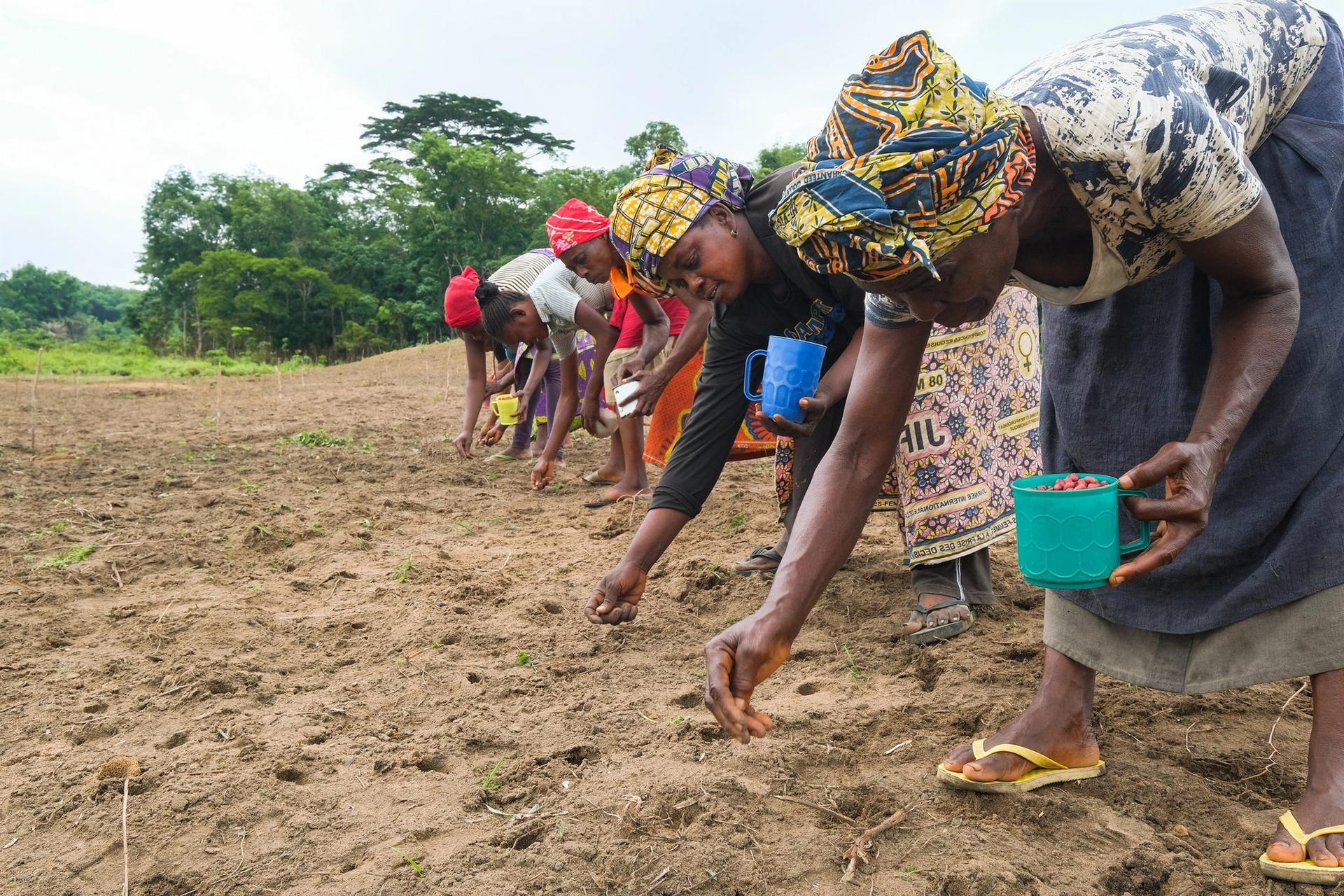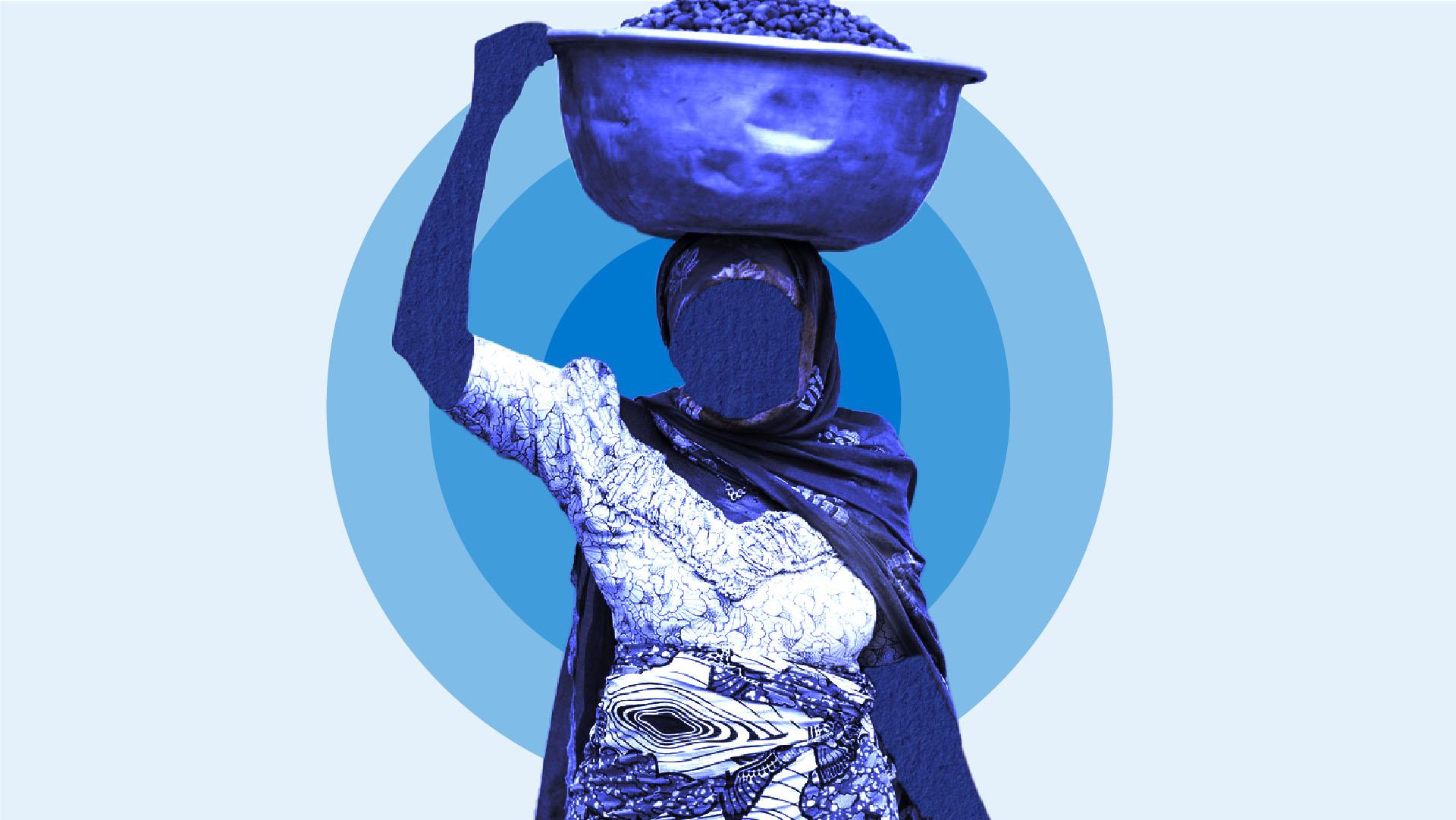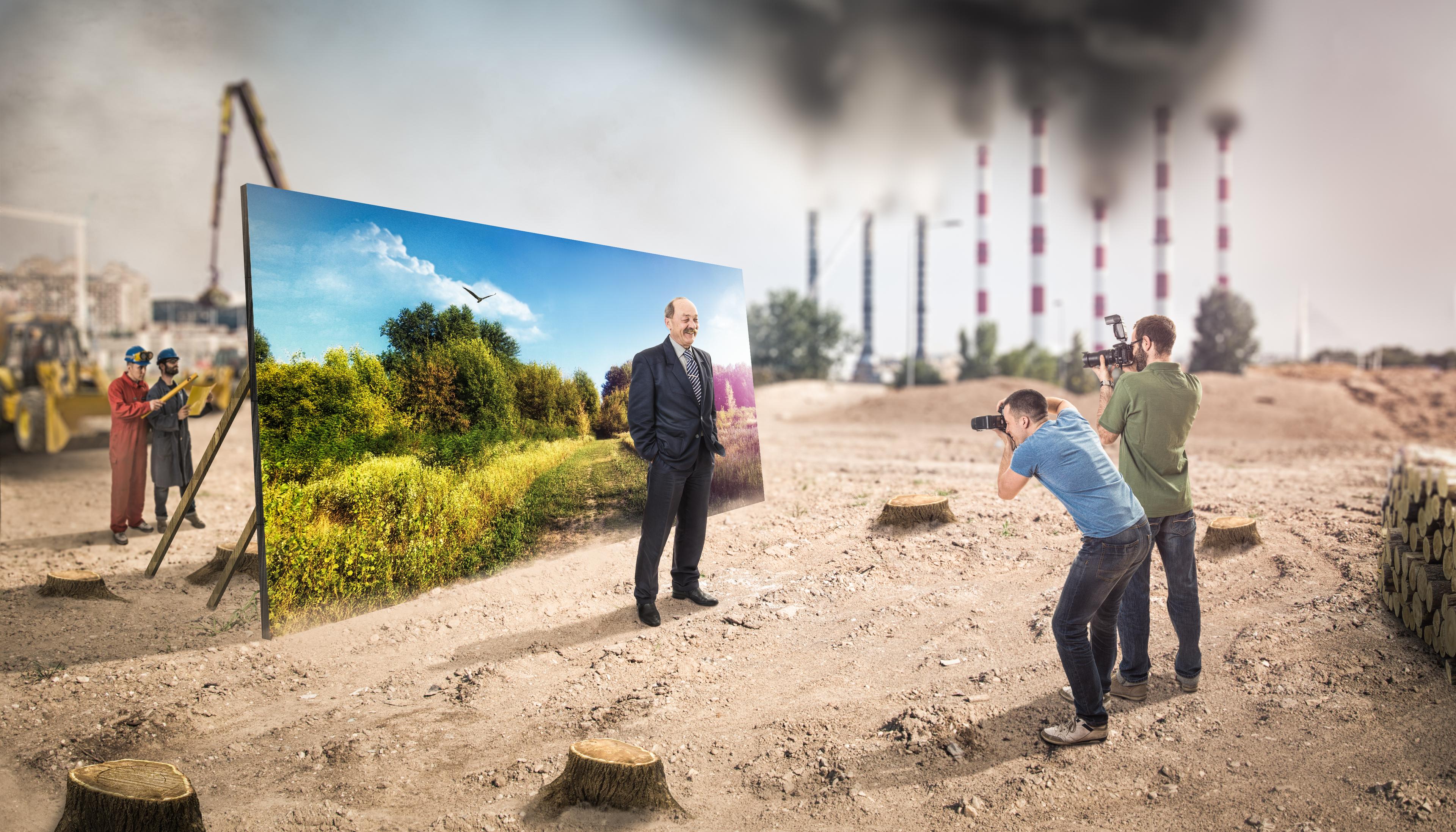Blog
Climate change action requires gender-sensitive anti-corruption efforts

At U4, we are committed to strengthening our partners’ work and achieving greater impact “on the ground”. We aim to support local actors tackling corruption and related challenges in their work, actively focusing on gender equality and inclusion in all our activities.
Justice and fairness are the ties that bind gender, climate change, and corruption together. Corruption – the opposite of which is impartiality – is a threat to both gender and climate justice. A a gender-blind approach that ignores diversity and inclusion could leave climate change adaptation and mitigation responses vulnerable to corruption, reduce the efficacy of policy, and lead to further marginalisation and harmful effects on women and other excluded groups.
Gender and climate change
Women are more vulnerable to climate change impacts than men — the evidence is clear. Rising sea levels, coastal erosion and intense storm surges disproportionately affect Fiji's fisherwomen who depend on reefs for food and income. Through extreme heat waves and wildfire smoke, climate change increases the risk of premature birth and leads to increased hospitalisation of young children, with big knock on effects on women.
Climate-related migration also poses a great geopolitical risk and can lead to armed conflicts, whose disproportionate impact on women has been well-documented. Yet, women’s capacity to adapt to climate disasters is limited by socio-cultural norms, access to fewer socio-economic resources, formalised safety nets, and fewer possibilities to benefit from technologies and information.
Women’s participation in decision-making and climate change policymaking is still not on par with men’s. A recent survey on the efficacy of the Intergovernmental Panel on Climate Change (IPCC)’s gender policy and implementation plan showed that despite increases in the number of women working with the IPCC, there are still gender imbalances in nomination processes. Gender discrimination is common – women scientists, for example, report often being ignored or having men take credit for their ideas. This is detrimental because climate science needs more women scientists – ‘the lack of gender diversity shapes which scientific questions get answered – and which ones don’t – and could have implications for women around the world who face unique challenges from climate change’.
Corruption poses a threat to addressing climate change and to gender equality
Corruption hinders our efforts to address climate change. It can affect both adaption and mitigation efforts. Funds may be channeled away from clean energy programmes and into less deserving or non-existent projects, meaning their effectiveness and positive impact on emissions is reduced.
Illegal logging is often enabled by corruption, so increasing rates of deforestation, and reducing carbon capture. There are also risks of bribery, clientelism and cronyism in the design of climate change programmes. Corruption in procurement for such projects lead to poor quality, incomplete, and potentially maladaptive projects and programmes. As a result, these undertakings – eg new flood barriers and green energy schemes – just do not work.
Another significant threat is when unethical and corrupt lobbying by big corporate players results in unequal access to climate change policymaking processes. This prevents the participation of a wider group of stakeholders – including women’s groups – leading to ineffectual policies that hinder our transition to low-carbon societies.
Corruption hinders women’s empowerment and participation in decision-making at various levels, from the grassroots to the top-levels of government. Corruption directly and indirectly disproportionately affects women and hinders global efforts to achieve gender equality.
Environmental justice and anti-corruption should both be feminist causes
Womens's rights activists have pursued environmental justice for decades, recognising that male-dominated systems of power perpetrate both environmental degradation and discrimination against women. Kenyan activist Wangari Mathai started a tree-plating movement across Africa known as the Green Belt Movement and was awarded the Nobel Peace Prize for her contributions to sustainable development, democracy, and peace.
Several other ‘eco-feminists’ are making significant contributions to climate change mitigation and adaptation efforts. Eco-feminism is a grassroots movement, exemplified by a group of rural Zimbabwean women who are confronting the effects of climate change through reforestation activities. The NGO Sea Women of Melanesia, winner of the UNEP Champion of the Earth Prize, trains local women to monitor and assess the impacts of coral bleaching on endangered reefs.
These women’s environmental movements are encouraging, since according to the OECD, taking gender considerations into account when designing and implementing green recovery measures could contribute both to reducing gender inequalities and achieving environmental objectives: Gender and environmental goals can go hand in hand. Previous research has shown that involving women is beneficial for forest management and reforestation initiatives. The same is true for corruption – a substantial amount of research shows that improving women's participation in decision-making co-relates with reduced corruption. Yet, corruption remains a somewhat peripheral issue in the women’s movement and has not received as much attention as environmental justice.
This needs to change, since corruption emerges as a common culprit that hinders women’s participation in climate-change policy making as well as their access to power and decision-making generally. Climate change and corruption both pose serious threats to sustainable development, and effectively addressing both means involving women. This is especially important in post-Covid pandemic recovery efforts, as the pandemic has hit women especially hard. Climate change and the pandemic intersect to further compound existing inequalities, so it is important that both climate justice and gender justice are central to countries’ efforts to rebuild their economies.
Women are powerful agents of change. Even then, a feminist approach to climate justice is not just about “adding women”, but about promoting inclusive planning and action that ensures the involvement and protection of those who are most likely to suffer the negative effects of climate change. Such an approach must be transformative and strengthen women’s strategic activism, capacity building, and resource access. Therefore, U4 will continue supporting our partners and their partners at the local level to implement a gender-sensitive approach to anti-corruption, transparency, accountability and participation in climate change adaptation and mitigation efforts.
Disclaimer
All views in this text are the author(s)’, and may differ from the U4 partner agencies’ policies.
This work is licenced under a Creative Commons Attribution-NonCommercial-NoDerivatives 4.0 International licence (CC BY-NC-ND 4.0)


